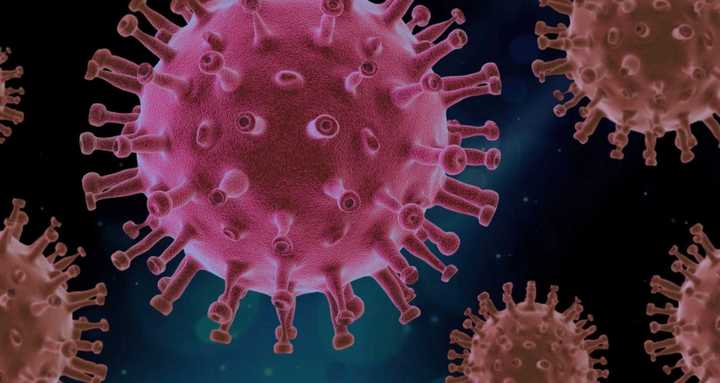One day after the World Health Organization (WHO) declared that the COVID-19 variant from India was a “cause of global concern,” it was announced that the strain had spread to dozens of countries, including the United States.
The so-called B.1617 variant made its first domestic appearance after it was discovered in a patient in Arizona being treated for COVID.
According to researchers, the India variant, like several others that have come from overseas has proven to be more transmittable, possibly evading certain antibodies, though it has not shown itself to be more lethal than other strains.
On Monday, May 10, WHO declared the India strain as a “variant of concern,” after it had previously been dubbed a “variant of interest,” which is a lower level of alert.
Variants of concern are more contagious, cause more severe disease or reduce the effectiveness of public health measures, vaccines, or medication, according to the UN health agency.
Other variants of concern include the B.117 strain, first found in the United Kingdom, and B.1351, the South Africa variant, as well a strain from Brazil.
Despite its differences, officials said that COVID-19 vaccines are still believed to be effective against the B.1617 strain.
India is the world’s second worst-hit country, reporting more than 22.5 million COVID-19 infections and more than 250,000 deaths to date, according to data from the country’s health ministry.
Click here to follow Daily Voice Scarsdale and receive free news updates.
